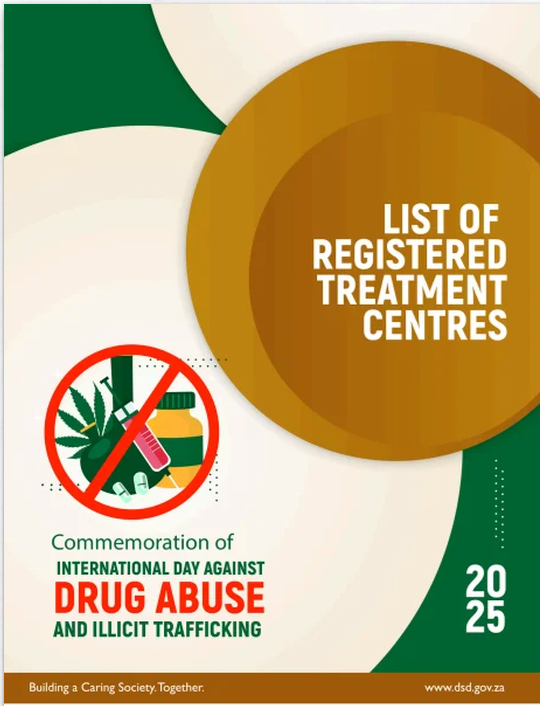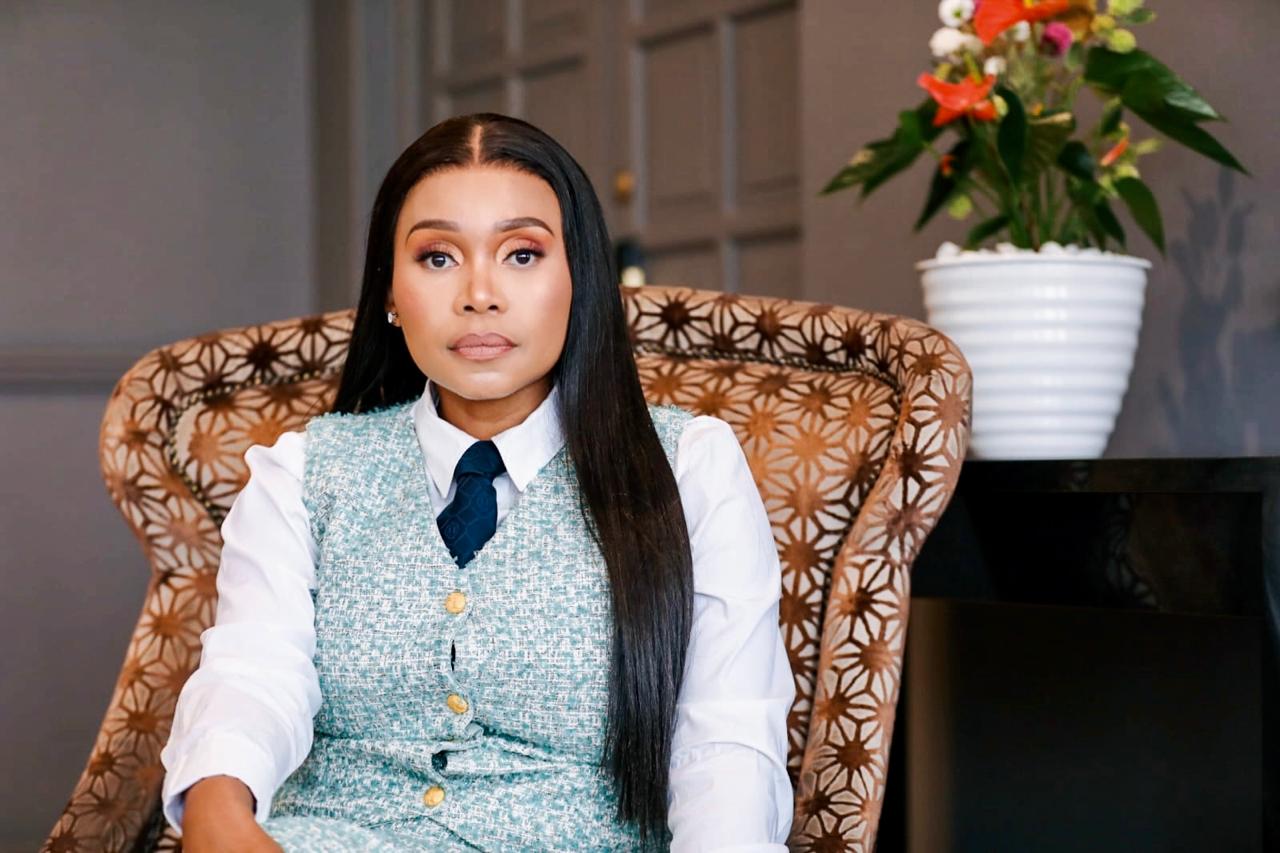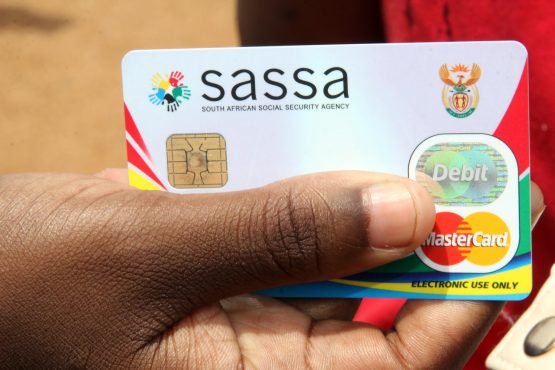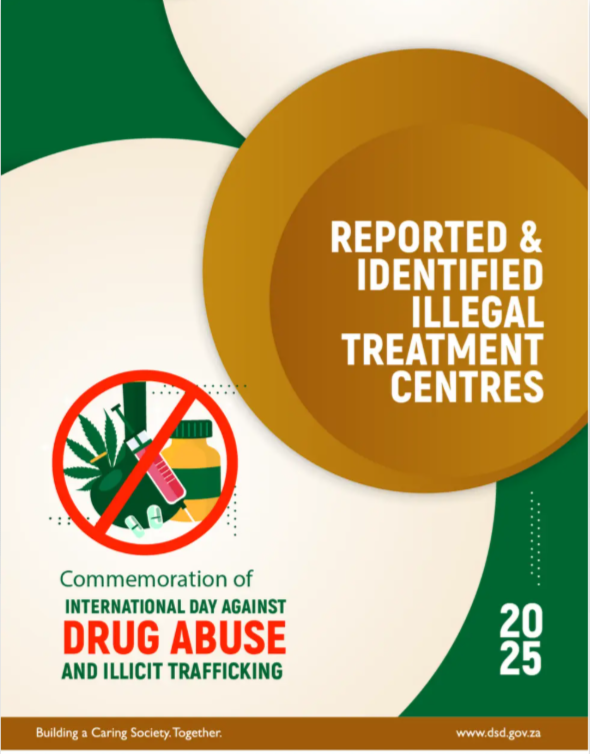By Morapedi Sibeko
- By implementing South African Sign Language as the country’s 12th official language, South Africa has emphasised that communication in one’s native tongue is a human right.
- By doing so, South Africa has acknowledged Deaf culture with its unique values, beliefs, customs, and social norms.
- South African Sign Language is a complete language with its own grammar and structure, as well as dialects and regional variations.
South Africa took an important step in 2023, recognising South African Sign Language as the country’s 12th official language. This milestone underscores that communication in one’s native language is a human right.
South African Sign Language is not a simplified version of spoken language; it is a complete language with its own grammar and structure, as well as dialects and regional variations.
The acknowledgement of Deaf culture, which includes the Deaf community’s shared language, values, beliefs, social norms, and customs, is equally significant.
It recognises that Deaf people are characterised by their proud identity and community, which is anchored in sign language, rather than by their inability to hear.
South Africa observes Deaf Awareness Month each September, focusing on promoting inclusion, drawing attention to South African Sign Language, and advocating for the rights and dignity of the Deaf community.
Deaf culture is acknowledged on a global scale.
The United Nations Convention on the Rights of Persons with Disabilities, which South Africa ratified, states in Article 30 that people with disabilities have the same right as everyone else to have their cultural and linguistic identities, including sign language and Deaf culture, recognised and supported.
Government and society are obligated to actively promote inclusion as a result of this worldwide commitment.
Mxolisi Nodom, a Deaf actor and a CODA (child of Deaf adults), reflects this progress in practice. Raised by his late mother, who was Deaf, South African Sign Language was his first language and remains central to his identity.
“At home, communication was never a barrier, but outside, I realised how much society undervalued South African Sign Language. That contrast shaped my perspective,” he shares.
Nodom has broken new ground in the arts, from his first role on national television to making history as the first Deaf African actor to lead on a global streaming platform.
“It was not just my achievement,” he explains. “It was a victory for the Deaf community in Africa. Deaf people can do anything except hear, and that should never limit our opportunities.”
His story mirrors the broader message of Deaf Awareness: visibility, recognition, and dignity.
“For me, Deaf Awareness is a celebration of identity and language, and a time to honour all those who fought for South African Sign Language to be recognised as our 12th official language. We are a culture, a language, and a community,” he says.
South Africa is also part of a growing continental movement.
Uganda, Zimbabwe, and Kenya have each recognised their national sign languages, and according to UNICEF, these steps have expanded accessibility in education, legal systems, and public services, while reducing stigma.
Inclusion and mainstreaming must be standard practice, as emphasised in the department’s Policy on Services for People with Disabilities, which is awaiting Cabinet approval, and aims to strengthen support for people with disabilities, including access to sign language and recognition of Deaf culture.
Nodom encourages young Deaf South Africans: “Believe that your voice matters. Your uniqueness is your power. The world is ready for Deaf stories told by Deaf people.”





